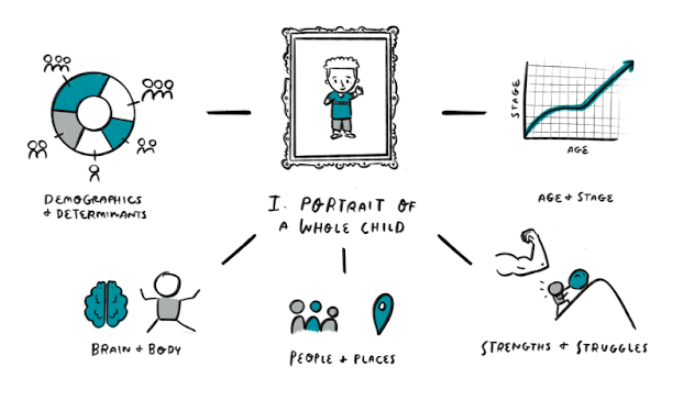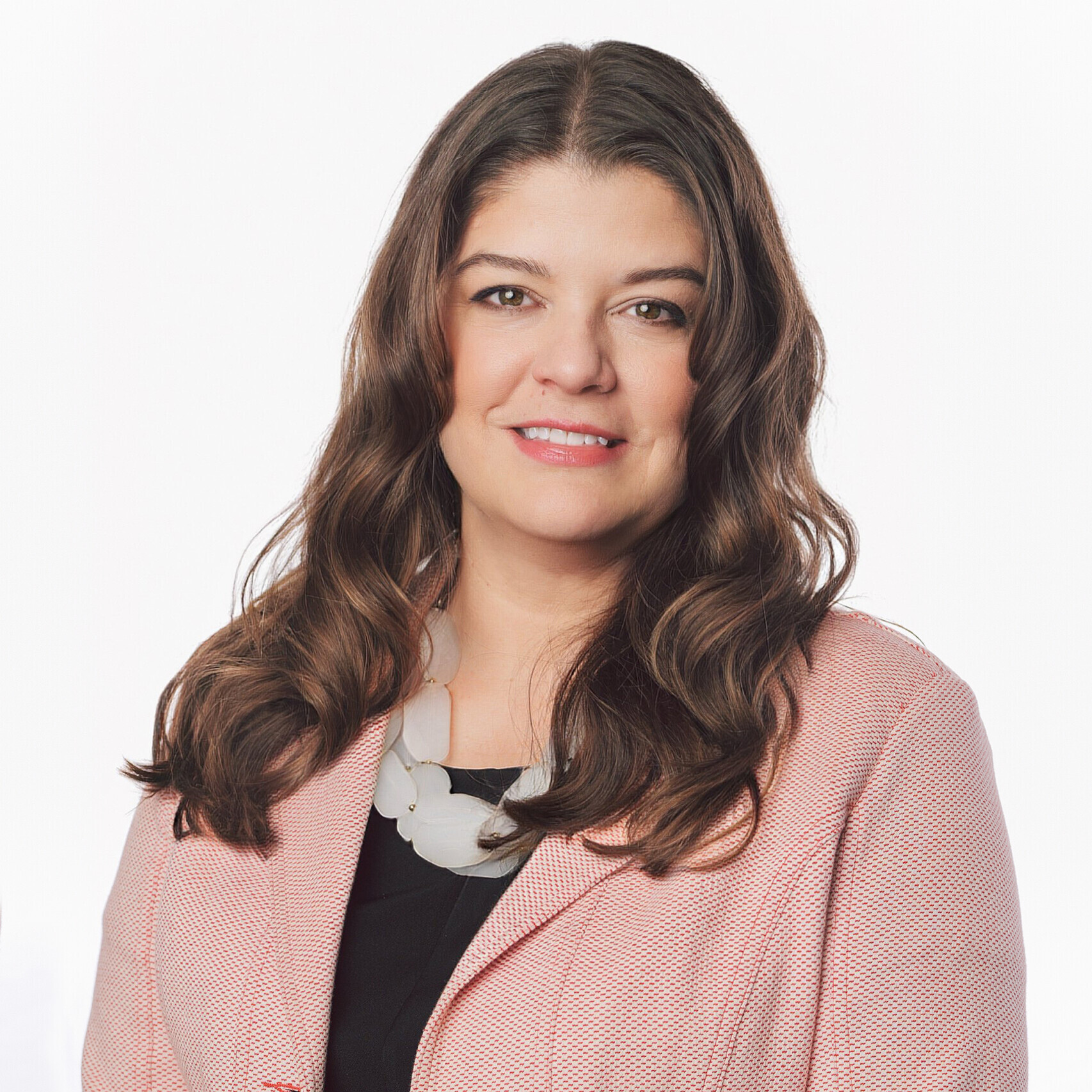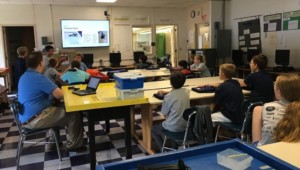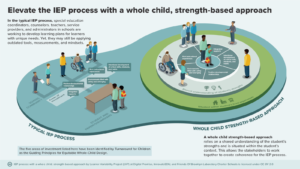Districts Must Consider The Portrait of a Whole Child
Key Points
-
It is crucial to adopt an approach that acknowledges learners as holistic individuals, moving beyond mere data points or rigid test scores.
-
Students should not be reduced to their standardized performance or grade point averages.

During a time when the prevalence of depression among young people is increasing, it is crucial to adopt an approach that acknowledges learners as holistic individuals, moving beyond mere data points or rigid test scores. Students should not be reduced to their standardized performance or grade point averages. While we recognize this truth, we continue to face the challenge posed by outdated evaluation systems and divisive national discussions regarding learning expectations.
Our choice in what we measure reflects our values, but we must also engage in conversations about how to effectively support what we value. It is not enough to focus solely on the outcomes; we must also consider the processes and support structures that enable learners to thrive.
Stephanie Malia Krauss’s book, “Whole Child, Whole Life: 10 Ways to Help Kids Live, Learn, and Thrive” addresses the concern of kids giving up or burning out before reaching adulthood. Krauss, who has experience as a classroom teacher, school leader, and national leader on education issues, explores the importance of understanding and addressing the holistic needs of children in order to promote their overall well-being.
Whole Child Portraits: Moving beyond demographics and determinants, Krauss challenges the traditional approach of profiling children based solely on academic and demographic factors. Instead, she advocates for a broader perspective that considers a child’s individuality, health and developmental milestones, and the context in which they exist.
“At its worst, profiling dehumanizes children. It depicts them without dimensions and details, leaving us to sort, group, assume, and judge. At its best, profiles are a jumping-off point – a collection of data and insights that begin to tell us who a kid is and what they need to thrive.”
By turning profiles into portraits, educators, and caregivers can gain a deeper understanding of each child’s unique strengths, struggles, and needs.
10 Whole Life Practices
- Meet basic needs
- Prioritize mental health
- Invest in personal interests
- Nurture healthy relationships
- Build community and belonging
- Embrace identities and culture
- Attend to the past and the present
- Act with a 100 year mindset
- Be a force for good
- Seek awe and wonder
Whole Life Practices: Above are ten proven practices to support young people’s well-being throughout their lives. These practices extend beyond academic and cognitive development to encompass physical and mental health, personal interests, spiritual development, and more. By considering and addressing these aspects in unison, educators and caregivers can support children’s overall growth and development.
It is important to note that Krauss emphasizes the significance of adults attending to their own growth in this process as well as the need for cross-training among educators and caregivers to ensure they have a comprehensive understanding of health-related issues that may impact children’s learning and overall well-being.
Aim for Wholeness: Assessing well-being involves recognizing when children are thriving and understanding which indicators to look for. Krauss encourages the use of developmental growth charts that extend beyond academic milestones, encompassing social-emotional and physical progress. By having a comprehensive grasp of a child’s well-being, educators and caregivers can provide targeted support and interventions when necessary.
Stephanie Malia Krauss provides valuable insights and practical strategies to ensure children thrive in all aspects of their lives. Understanding the whole child is crucial for their success, both now and certainly in the future.
For more information on Whole Child, Whole Life you can visit the book website at WholeChildWholeLife.com. Images in this blog are taken directly from the book and created by Manuel Herrera.






0 Comments
Leave a Comment
Your email address will not be published. All fields are required.